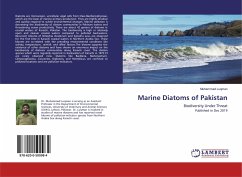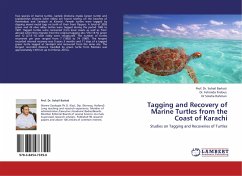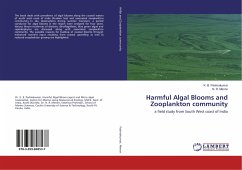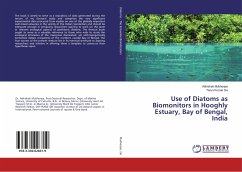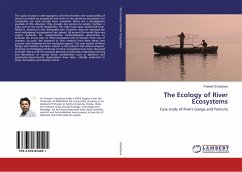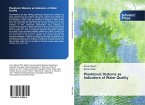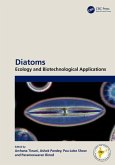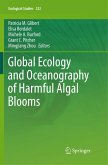Diatoms are microscopic, unicellular algal cells from Class Bacillariophyceae, which are the base of marine primary production. They are highly sensitive and quickly respond to subtle environmental changes. Marine pollution is decreasing the biodiversity of diatom communities in Pakistan waters and threatening ocean productivity. There are about 42 genera of diatoms in coastal waters of Karachi, Pakistan. The biodiversity is high in relatively open and cleaner coastal waters compared to polluted backwaters. Recurrent blooms of Nitzschia closterium and Synedra acus are observed for the first time in Karachi coastal waters in Northern Arabia Sea. These blooms are co-related with the prevailing environmental conditions like salinity, temperature, rainfall, and allied factors.The blooms suppress the existence of other diatoms and have shown an enormous impact on the biodiversity of diatoms communities along Karachi coast. The diatom species which were regularly reported in backwatersof Karachi in 1972-73 are rarely observed now. Diatoms like Bacillaria, Bacteriastrum, Climacosphaenia, Cocconies, Diploneis, and Hemidiscus are confined to polluted locations and are pollution-indicators.

